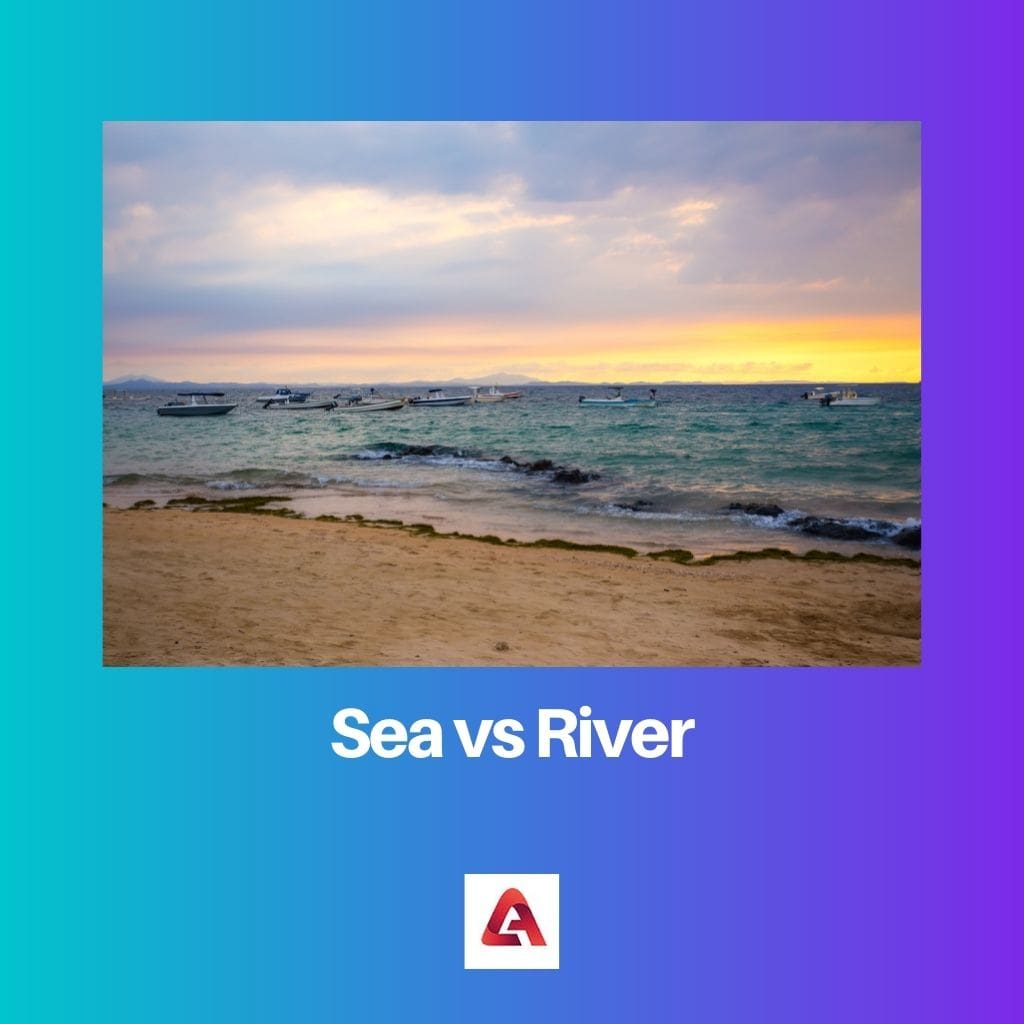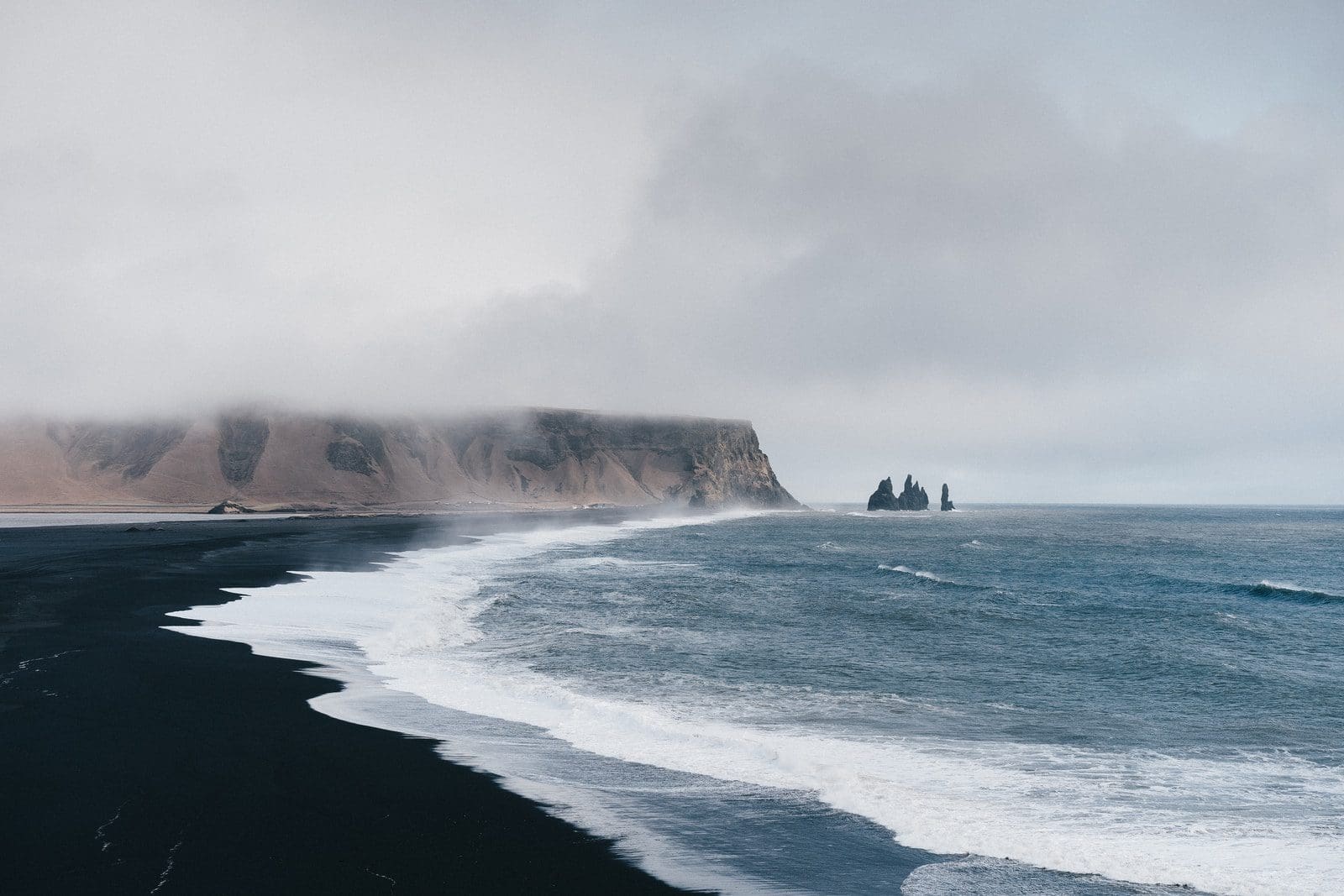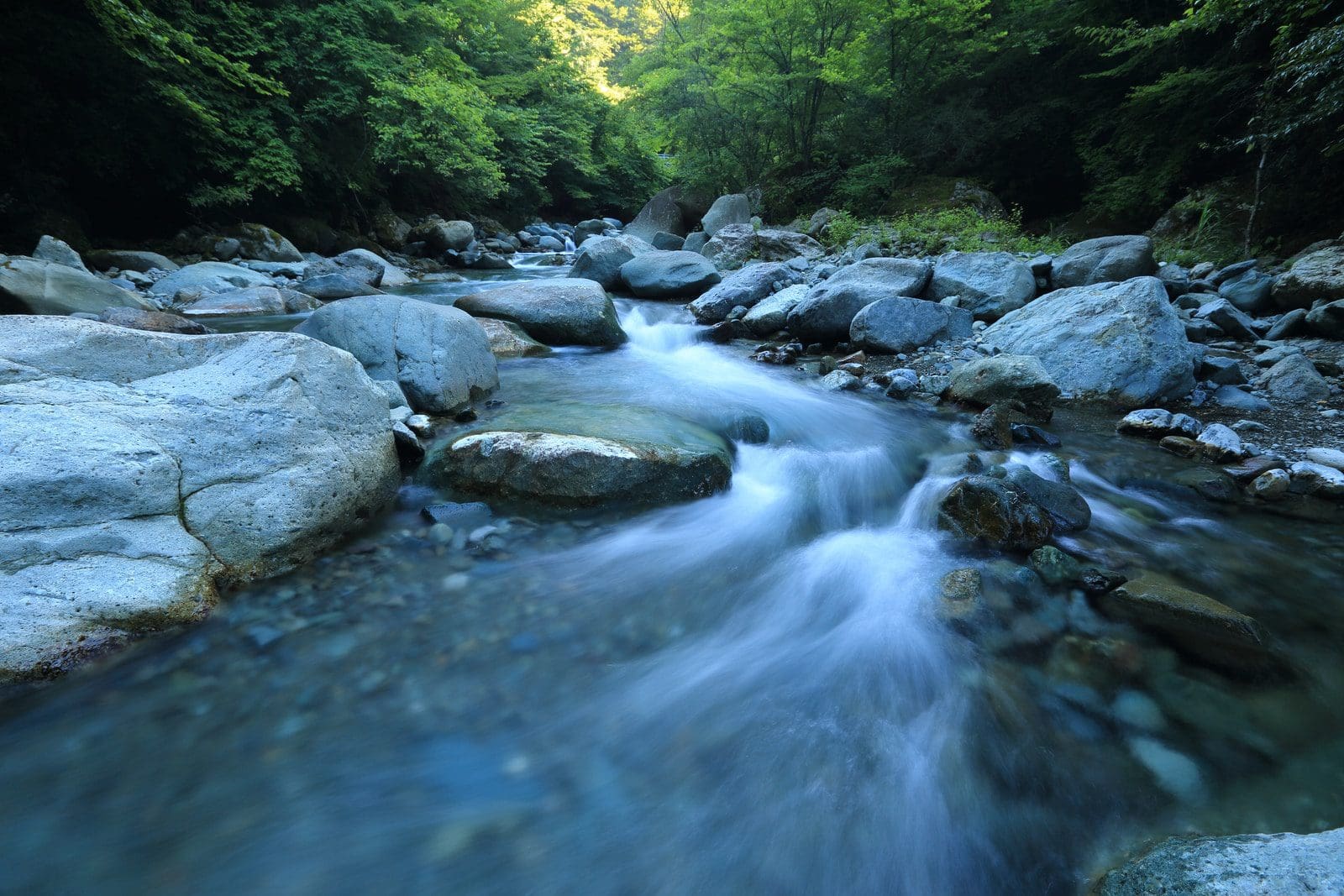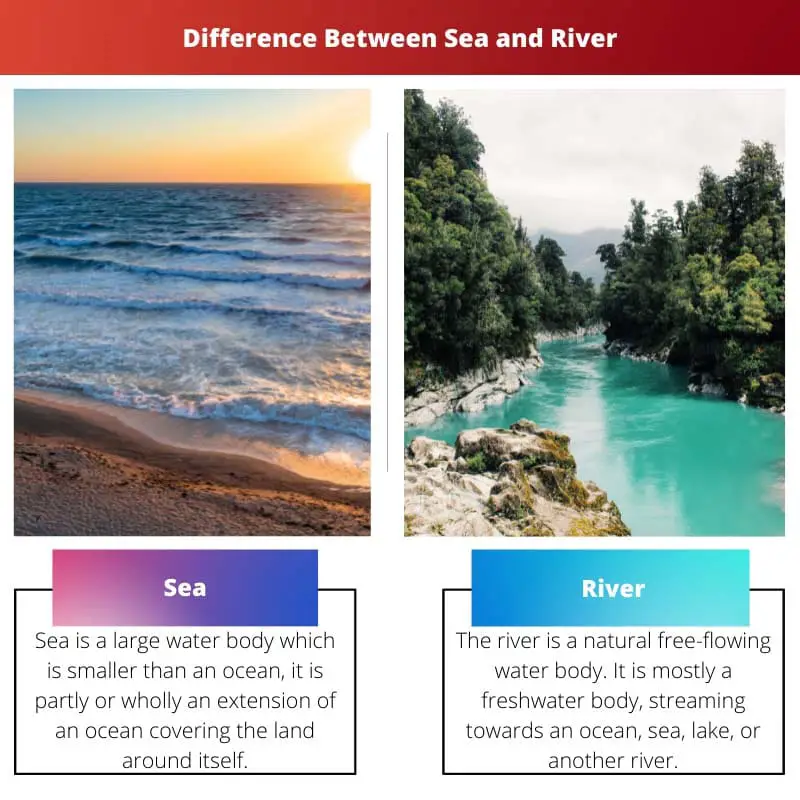71% of the earth’s surface is water-covered. Water is present in different forms of water bodies, such as the ocean, sea, rivers, lakes, icebergs, etc., all over the world. All these water bodies are highly valuable as they affect the survival of flora and fauna.
They avail of many species and many human activities such as agriculture, transport, defense, hydropower, etc. Water bodies are confused as people sometimes do not know the features under which one can classify them.
Two such water bodies are the sea and river.
Key Takeaways
- Seas are large bodies of saltwater partially enclosed by land or connected to oceans; rivers are freshwater bodies that flow from higher elevations toward lower elevations, eventually emptying into seas or oceans.
- Seas support a diverse range of marine life adapted to saline environments; rivers host freshwater species and can be home to unique ecosystems.
- Tidal forces and ocean currents influence seas; rivers are influenced by precipitation, melting snow, and the topography of the surrounding land.
Sea vs. River
A sea is a large body of saltwater connected to an ocean. A river is a natural watercourse that flows towards the sea or another body of water, such as a lake or a wetland. They are much smaller and only flow a few hundred miles before emptying into a larger body of water.

Seas are large water bodies smaller than oceans covering the land around them completely or partially. Seas play an important role in the earth’s cycles, namely- the water cycle, carbon cycle, and nitrogen cycle.
Seas avail a large variety of flora and fauna in it according to the depth of the sea.
Rivers are natural, free-flowing water bodies. They stream to join an ocean, sea, lake, or river. Major cities are created on the banks of the river as they make a lot of services easier for the settlement around.
Comparison Table
| Parameter of Comparison | Sea | River |
|---|---|---|
| Size | Large water body | Long flowing water body |
| Salinity | Saltwater body | Freshwater body |
| Flood | They do not flood the nearby area | They tend to flood the nearby area |
| Numbers | There are 7 seas | There are 165 major rivers |
| Formation | Seas took billions of years to form | Few may take only several years to form |
| Flow of water | The water move at a comparatively slow speed | The water tends to move at a higher speed |
What is Sea?
A sea is a large water body smaller than an ocean; it is partly or wholly an extension of an ocean covering the land around itself. It is a saltwater body.
The sea is essential in regulating and moderating the earth’s climate. It plays a crucial part in the earth’s water, carbon, and nitrogen cycles.
Sea was the major means of traveling to a foreign or unknown land for travelers in ancient times.
The scientific study of the sea is known as oceanography.
The sea is rich in minerals. A few of the minerals found are sodium chloride, salts of magnesium, calcium, and potassium, along with other elements.
Deep-sea current is also known as global conveyor belt, which is formed by the difference in salinity and temperature, and surface currents are occurred by the friction of waves that occur due to wind and tide (caused by the earth’s rotation and the gravitational force of the moon, and the sun to a certain extent).
A wide variety of flora and fauna, such as bacteria, parasites, algae, plants, fungi, and different types of fish, provide a wide range of marine habitats and ecosystems. Seas are important in human trade, travel, mineral extraction, and power generation.
There are 7 major seas in the world: the Mediterranean Sea, the Caspian Sea, the Adriatic Sea, the red sea, the black sea, the Russian Gulf, and the Indian Ocean.

What is River?
The river is a natural, free-flowing water body. It is mostly a freshwater body streaming toward an ocean, sea, lake, or river.
On certain occasions, the river dries out before it can reach another water body. Small rivers are known as streams, creeks, brooks, rivulets, and rills.
In some countries, river streams are classified by their size.
The river plays an important part in the hydrological cycle as it collects water from the river through precipitation. River streams only cover 0.1% of the land on Earth.
Major cities are located on the banks of the river as they are a good source of water and hence useful for various activities such as agriculture, transport, defense, hydropower, etc.
Rivers can be further classified under 165 major rivers and the 15 largest ones, which are the Nile River, Amazon River, Yangtze River, Mississippi-Missouri River system, Yenisei River, yellow river, OB River, Parana River, Cong River, Amur River, Lena river, Mekong river, Mackenzie river, Niger river, and Murray river.

Main Differences Between Sea and River
- The sea is a large water body, a part of an ocean, whereas the river is a long flowing water body streaming to meet an ocean, sea, lake, or another river.
- The sea is a saltwater body rich in minerals, whereas rivers are freshwater.
- Seas do not flood the nearby land. The sea level rises only on certain occasions of high tide, but it is a matter of a few hours. Rivers, on the other hand, do flood their nearby banks at an alarming state.
- There are 7 seas all over the world, whereas there are 165 rivers all over the world.
- Seas have taken billions of years, whereas a river may take two years to form.
- In the sea, the flow of water is less. The sea’s water is stagnant except near the coast, where huge waves are formed. The water in the river flows at a high speed.

- https://www.nature.com/articles/36786
- https://www.nature.com/articles/nature04070
- https://www.chelanpud.org/relicense/comm/meet2000/4854_1.pdf

I found the article to be enlightening in its portrayal of the unique roles played by seas and rivers.
The clarity and depth of the article’s information contribute to a profound comprehension of sea and river dynamics.
The educational value of the content is highly commendable in enhancing our understanding of water bodies.
The comparison table is helpful for understanding the differences between seas and rivers.
I find the comparison table to be very informative and well-structured.
Absolutely, it provides a clear overview of their contrasting characteristics.
The in-depth exploration of sea and river characteristics is truly enlightening and engaging.
The article’s comprehensive analysis provides a rich understanding of sea and river dynamics.
I appreciate the detailed examination of the complexities associated with seas and rivers.
The comparison between seas and rivers is crucial for grasping their unique environmental impacts.
I completely agree, the article presents valuable insights into the significance of these water bodies.
It is interesting to learn how these two bodies of water influence our planet and its ecosystem.
I agree, it’s fascinating to learn about the impact of both rivers and seas on the environment.
The information about the importance of seas and rivers is extremely insightful and educational.
It’s crucial that we understand the distinction between seas and rivers, given their vital roles in the Earth’s systems.
Agreed, it’s enlightening to comprehend the broader implications of seas and rivers.
Indeed, the clear explanation provided is essential in raising awareness about the importance of these water bodies.
I find the detailed descriptions of seas and rivers to be enlightening and thought-provoking.
The thoroughness of the article makes it a valuable resource for learning about seas and rivers.
Absolutely, the depth of information allows for a comprehensive understanding of these water bodies.
It’s essential to recognize the intricate relationships between seas, rivers, and the Earth’s ecological balance.
Indeed, the article serves as a pivotal resource in promoting awareness of these critical environmental factors.
The article offers compelling insights into the vast value of seas and rivers to our planet’s diverse ecosystems.
I wholeheartedly agree, the depth of information presented enriches our understanding of these water bodies.